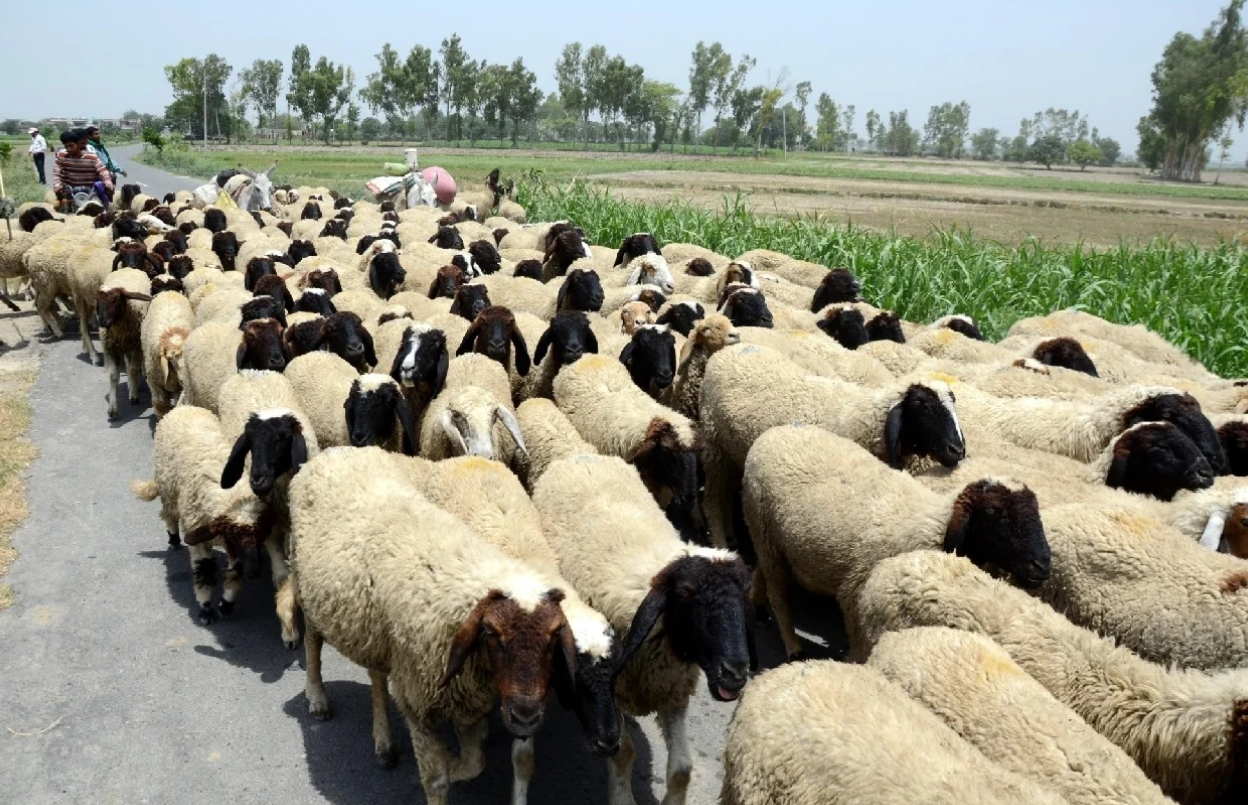The Enforcement Directorate will also probe the alleged irregularities in the sheep distribution scheme launched during the previous Bharat Rashtra Samithi (BRS) government in Telangana.
The central agency has sought information about the Sheep Rearing Development Scheme (SRDC) from the Managing Director of the Telangana State Sheep and Goat Development Cooperative Federation Ltd (TSSGDCFL), which had been implementing the scheme since its inception in 2017, under the provisions of the Prevention of Money Laundering Act, 2002.
The agency has sought details including district-wise particulars of beneficiaries, sellers from whom sheep were procured, disbursement of funds, contributions from beneficiaries, payments to transport agencies, procurement and distribution of sheep feed, expenditure specifics, and any internal reports highlighting instances of fraud.
The Federation has been asked to provide details of beneficiaries including names, addresses, contact numbers, bank account numbers and names of the bank branches.
The ED also sought details of the bank accounts from which the funds were disbursed by the Federation to the district authorities and further to the bank accounts of beneficiaries.
The TSSGDCFL has also been asked to provide details like the amount paid by the beneficiaries as their contribution to the scheme along with details of the bank accounts in which said funds were received, and the transport agencies selected to move sheep to respective beneficiaries.
Telangana’s Anti-Corruption Bureau (ACB) is already probing the alleged scam, said to be to the tune of Rs 700 crore.
On May 31, it had arrested Sabavath Ramchander, the CEO of the Telangana Livestock Development Agency, and formerly MD of the TSSGDCF, and Gundamaraju Kalyan Kumar, former OSD to the then Minister for Animal Husbandry, Dairy Development, Fisheries and Cinematography, T. Srinivas Yadav.
The ACB alleged that they colluded and conspired with private persons, and resorted to gross illegal acts and violations during discharge of their duties. According to the agency, they violated instructions issued for the procurement of sheep and deliberately involved private persons/brokers in the procurement process. Both deliberately gave instructions to all district Joint Directors/DVAHOs of the Animal Husbandry Department to facilitate the misappropriation of government money by private persons.
With this, the number of accused arrested in the case has gone up to 10.
In February, the ACB had arrested four officials after launching an investigation in January into the scheme following allegations that some beneficiaries were cheated.
A case was registered in December 2023 after some people filed complaints against the officials and middlemen, including two Assistant Directors of the Animal Husbandry Department and two contractors.
The scheme was launched by the state government in April 2017 to provide sustainable livelihood to the traditional shepherd families and improve their economic standards.
Under the first phase, each family was given 20 sheep with a unit cost of Rs 1.25 lakh on a 75 per cent subsidy. A total expenditure of Rs 4,980.31 crore was incurred for the implementation of the scheme. About 82.74 lakh sheep were procured from other states and distributed among 3.92 lakh members of the Primary Sheep Breeders Co-operative Societies (PSBCS). The Comptroller and Auditor General (CAG), in its report presented in the Assembly in February, hinted at massive irregularities in the implementation of the scheme.










